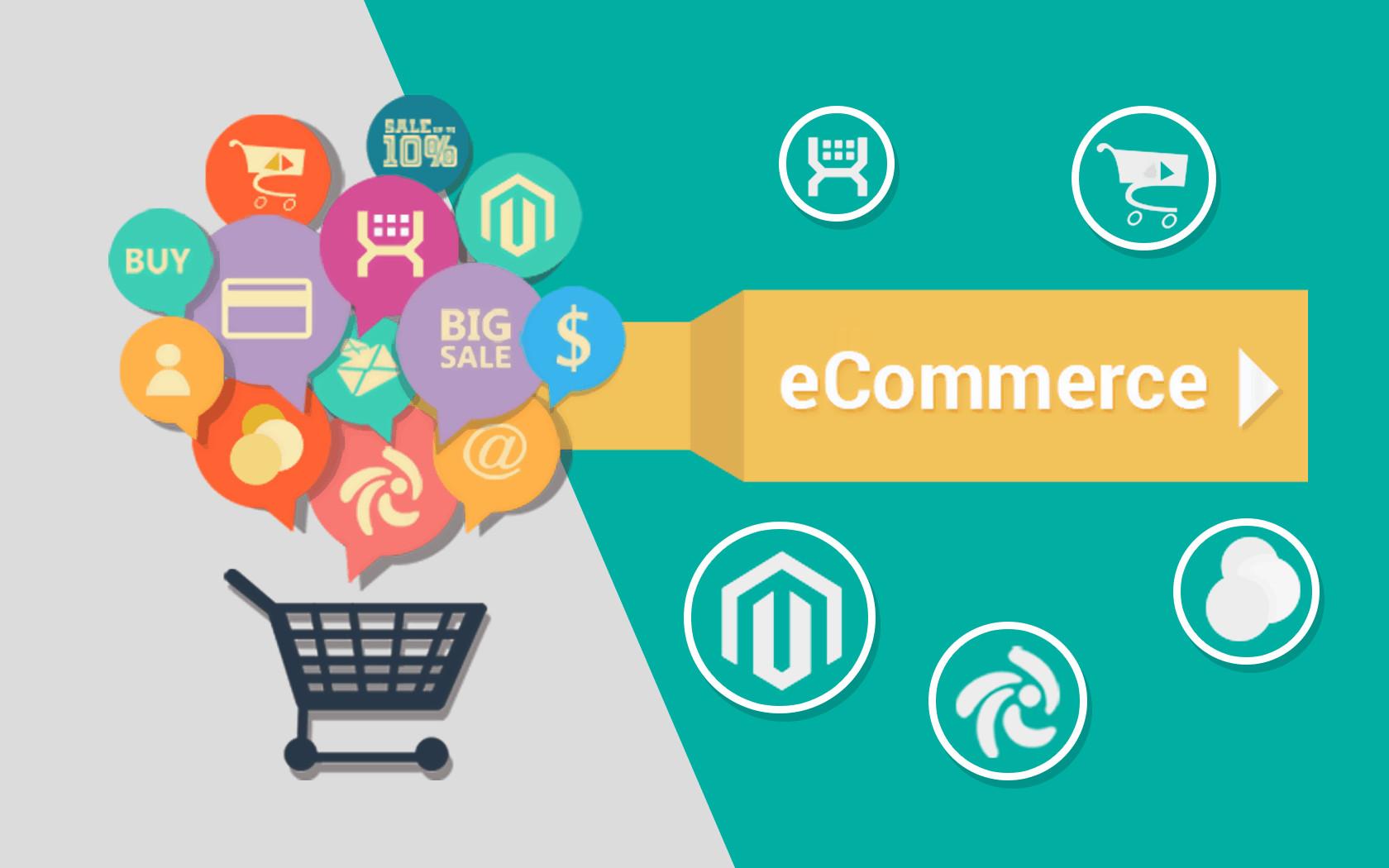The Ultimate Guide to Ecommerce ERP for Growing Businesses

As your ecommerce business grows, so does the complexity of your operations. Managing inventory, tracking orders, handling customer data, and staying on top of finances becomes increasingly challenging. To maintain momentum and scale sustainably, your business needs more than just basic tools — it needs Ecommerce ERP. In this ultimate guide, we’ll break down what Ecommerce ERP is, how it works, and why it's the backbone of any growing online business aiming for long-term success.
What Is Ecommerce ERP?
Ecommerce ERP (Enterprise Resource Planning for ecommerce) is a centralized software system that integrates all your business processes — from inventory management and order fulfillment to customer service and accounting. Rather than juggling multiple platforms, an Ecommerce ERP brings your operations together in one streamlined solution.
When integrated with your online store, an Ecommerce ERP ensures that data flows seamlessly between your ecommerce platform, warehouse, suppliers, and finance team, eliminating manual entry and minimizing costly errors.
Why Ecommerce ERP Is Critical for Growth
1. Centralized Data Management
Growth usually means more sales channels, more products, and more data. Without a centralized system, you're stuck trying to manage operations through spreadsheets and disconnected apps. Ecommerce ERP provides a single source of truth, making it easy to track performance, spot trends, and respond quickly to market changes.
2. Improved Order Accuracy and Fulfillment Speed
Manual order processing is a bottleneck. With Ecommerce ERP, your orders are automatically synced from your ecommerce store to your inventory and fulfillment systems. This improves order accuracy, reduces fulfillment time, and enhances the customer experience.
3. Real-Time Inventory Control
Stockouts and overselling can hurt your reputation and revenue. Ecommerce ERP offers real-time visibility into inventory levels across warehouses and sales channels. It can also automate reordering and trigger alerts when inventory reaches critical levels.
4. Streamlined Financials
An integrated ERP system syncs sales, returns, and expenses directly with your accounting software. This reduces manual entry, simplifies tax preparation, and helps you stay on top of cash flow and profitability.
5. Scalable Operations
Whether you're adding new products, opening additional warehouses, or launching on new sales platforms like Amazon or eBay, Ecommerce ERP helps you scale operations without increasing overhead or complexity.
Key Features to Look for in Ecommerce ERP
Not all ERP systems are created equal. Here are essential features to look for:
-
Multi-Channel Integration
Ensure the ERP supports major ecommerce platforms like Shopify, BigCommerce, Magento, and WooCommerce, as well as marketplaces like Amazon and Walmart. -
Automated Workflows
Look for systems that can automate inventory updates, purchase orders, invoicing, and shipping. -
CRM Integration
Ecommerce ERP should help you manage customer relationships, track interactions, and personalize communication. -
Analytics and Reporting
Robust reporting tools help you analyze sales, monitor KPIs, and make data-driven decisions. -
Cloud-Based Access
Cloud-based ERP solutions offer flexibility, remote access, and automatic updates — ideal for growing, agile businesses.
How to Know You’re Ready for an Ecommerce ERP
You may not need an ERP system when you’re just starting, but here are signs you’ve outgrown manual systems:
-
You're selling across multiple channels and struggling to sync inventory.
-
Order processing and shipping errors are rising.
-
You spend too much time reconciling accounts or updating spreadsheets.
-
It’s difficult to access up-to-date performance data.
-
You're planning to expand and need more operational control.
If any of these sound familiar, now may be the time to implement an Ecommerce ERP.
Best Ecommerce ERP Solutions for Growing Businesses
Here are some of the top ERP systems tailored for ecommerce:
1. NetSuite
A comprehensive cloud-based ERP with strong ecommerce integrations, ideal for fast-growing and enterprise-level businesses.
2. Odoo
An open-source ERP with flexible modules for sales, inventory, CRM, and more. Great for businesses wanting customization.
3. Brightpearl
Built specifically for retailers and wholesalers, Brightpearl offers real-time automation and multi-channel management.
4. Acumatica
A modern cloud ERP with excellent scalability and integration features for ecommerce and distribution businesses.
Each platform has its strengths, so consider your size, budget, and technical requirements when choosing an Ecommerce ERP.
Implementation Tips for Ecommerce ERP Success
Implementing a new ERP system can be complex, so follow these tips to ensure a smooth transition:
-
Map Your Current Processes: Understand your workflows before choosing a system so you can tailor your ERP accordingly.
-
Start Small: Roll out the ERP in phases, beginning with critical functions like inventory and order management.
-
Train Your Team: Ensure all users receive training to maximize the ERP’s capabilities.
-
Work with Experts: Consider working with an ERP consultant or your vendor's support team for best results.
Conclusion
As your ecommerce business grows, so does the need for streamlined, scalable systems. Ecommerce ERP is the foundational tool that unites your operations, automated workflows, and gives you the insights you need to make smarter decisions. It’s not just a tech upgrade — it’s a strategic move that positions your business for sustainable success.
As an ecommerce digital enabler, a robust Ecommerce ERP empowers retailers to scale efficiently, adapt quickly, and unlock new levels of profitability — whether you're processing hundreds or thousands of orders a month.
- Art
- Causes
- Best Offers
- Crafts
- Dance
- Drinks
- Film
- Fitness
- Food
- Oyunlar
- Festival
- Gardening
- Health
- Home
- Literature
- Music
- Networking
- Other
- Party
- Religion
- Shopping
- Sports
- Theater
- Wellness



